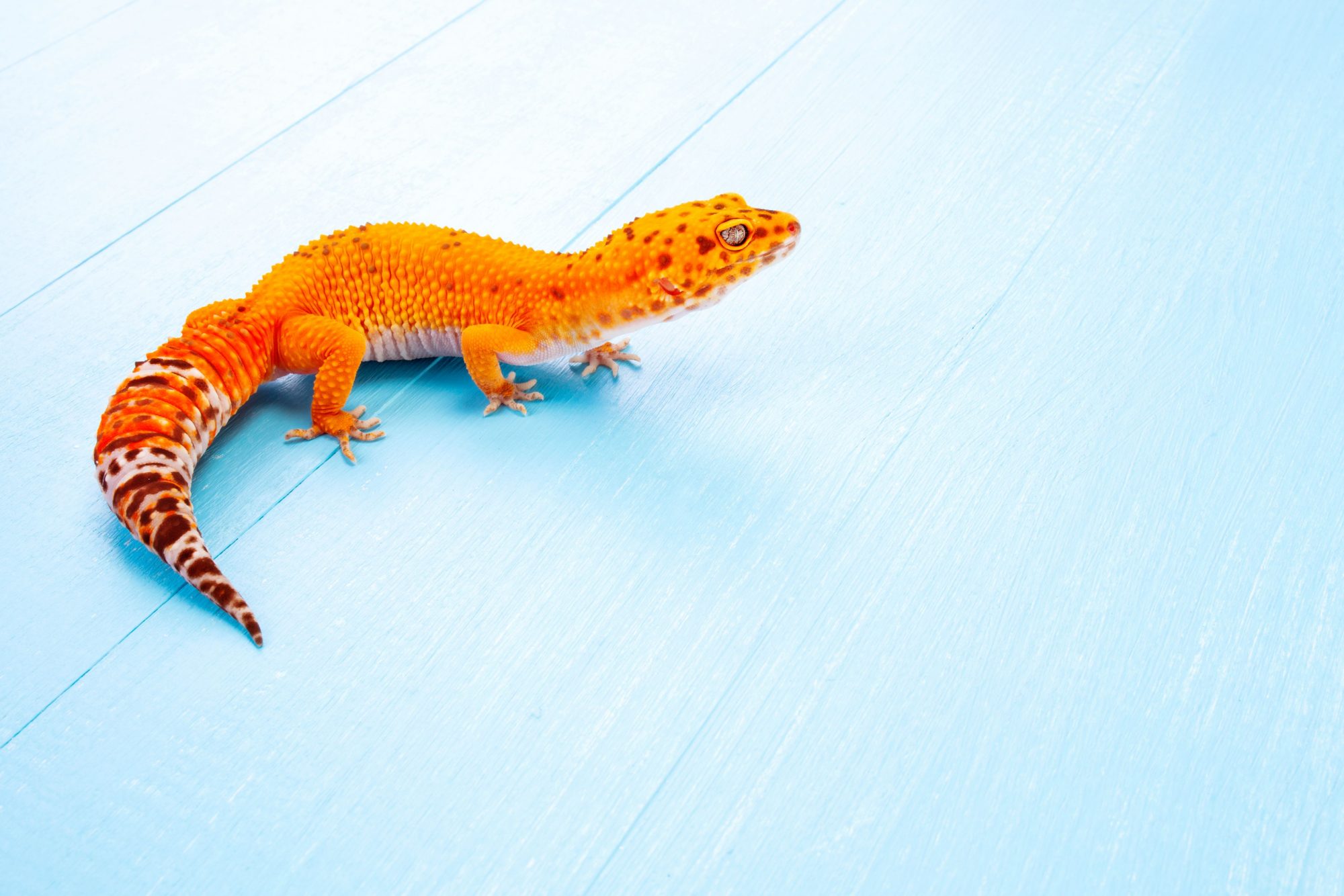The Keys to Exotic Pet Care

Because they require less maintenance and room, ownership of exotic pets is booming. In addition to their super cool looks, they also have massive appeal to people allergic to cats and dogs. Despite the perception that they’re easy-to-care-for, there are highly specific requirements for exotic pet care that demand an owner’s time, awareness, and attention.
The Sheer Variety
Exotic pets include small mammals, such as rodents, ferrets, and guinea pigs. Reptiles, amphibians, and birds round out the list for those interested in an unusual pet. They all make wonderful additions to any household, but that doesn’t mean they come without certain challenges.
The Elements
Except for certain breeds of pet birds, exotic pets tend to have shorter lifespans than cats and dogs. What’s more, they are far more delicate and require special handling. Without adequate exotic pet care, your pint-sized buddy may develop a disease or illness.
Before adopting an exotic pet, consider their highly specific daily needs. Housing, diet, and enrichment will vary from species to species, and your thoughtful preparation can keep them happy and healthy.
Make It or Break It
A great asset of an exotic pet is its simple containment. Housing is pretty straightforward, but must always offer enough space. Keeping them away from drafts and direct sunlight is important to their comfort. They like to burrow, hide, explore, and engage with their environment in unique ways.
Lizards, snakes, and amphibians need controlled ambient temperatures and certain water components. Invest in a quality heating element or ground pad for these cold-blooded animals to soak up warmth.
Lastly, be sure to pay close attention to their preferences for either companionship or solitude.
Soiled No More
Many exotic pets have a corner they prefer to use as their bathroom, but they also eliminate when eating/drinking or simply moving around their habitat. In addition to a litter pan, a covering or substrate helps to absorb messes. Bedding inhibits bacterial growth and keeps furry friends warm and cozy.
Regular removal and replacement of soiled bedding is necessary. Use a species-safe cleaner and line their cage with new substrate and bedding at least once or twice a week.
Remember that many exotics can carry Salmonella and E. coli bacteria. Wash hands frequently.
What’s for Din-Din?
Exotic pet care hinges on a thorough understanding of their unique nutritional needs in order to thrive. Experimenting with their diet isn’t recommended.
You must provide clean water every day, sometimes more than once. Always clean and refill water bottles and food dishes before re-attaching them.
Enrichment Every Day
Many exotic pets depend on daily interaction to keep them happy and engaged. Others may not like to be picked up or carried. Either way, their cage/habitat or enclosure must be fully equipped with environmental enrichment opportunities to maintain mental and physical fitness. Artificial plants, mirrors, rocks, wheels, toys, and species-specific items can make all the difference to superlative exotic pet care.
Routine Visits
Like cats and dogs, exotic pets benefit from routine veterinary care. Supporting their behavioral, nutritional, and physical needs, as well as preventing age or lifestyle-related illness, is paramount. This may be done once a year, or as often as their health status indicates.
Please call us at (651) 388‑1103 with any questions or concerns about exotic pet care.

